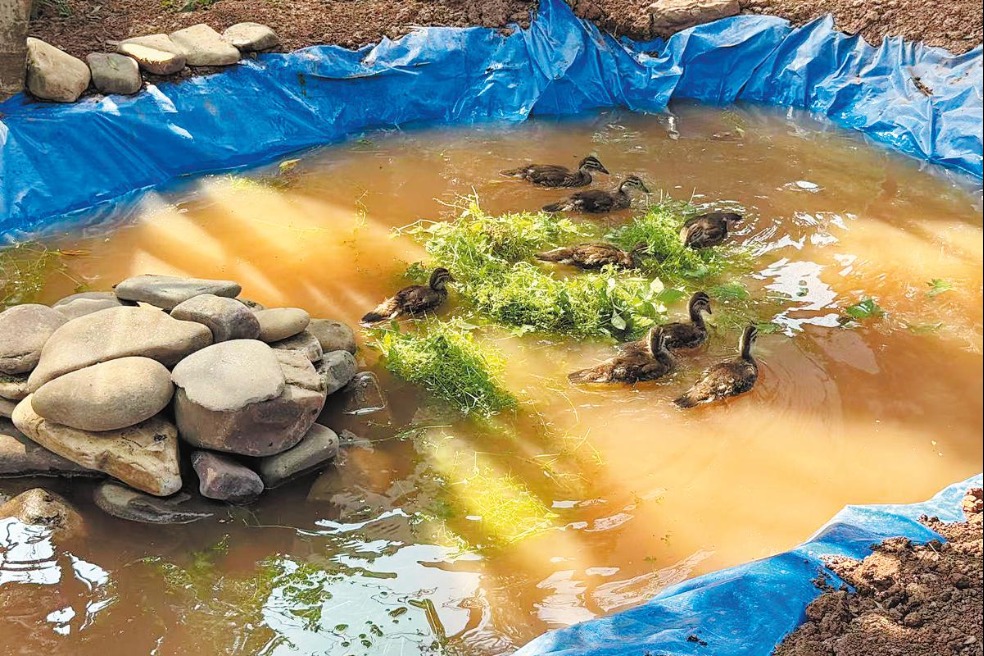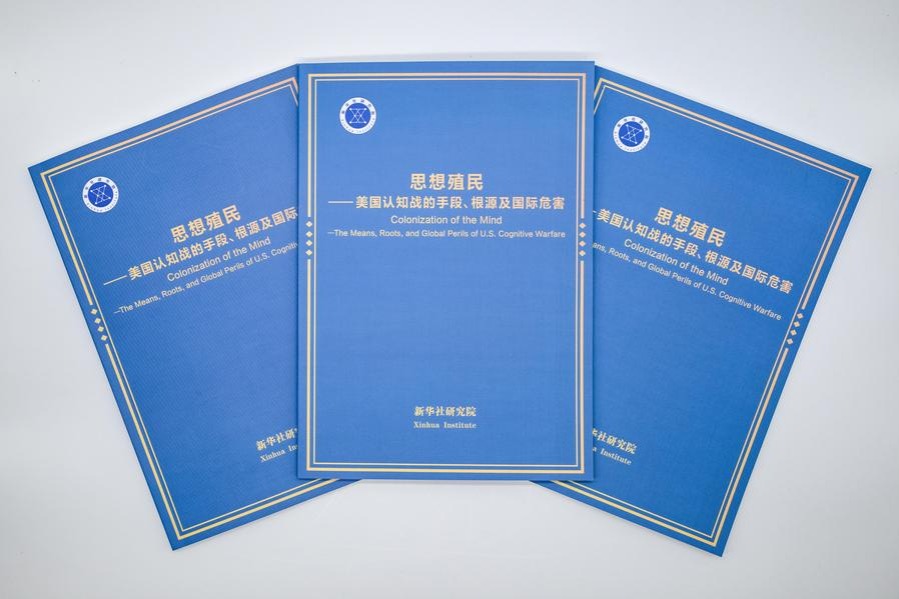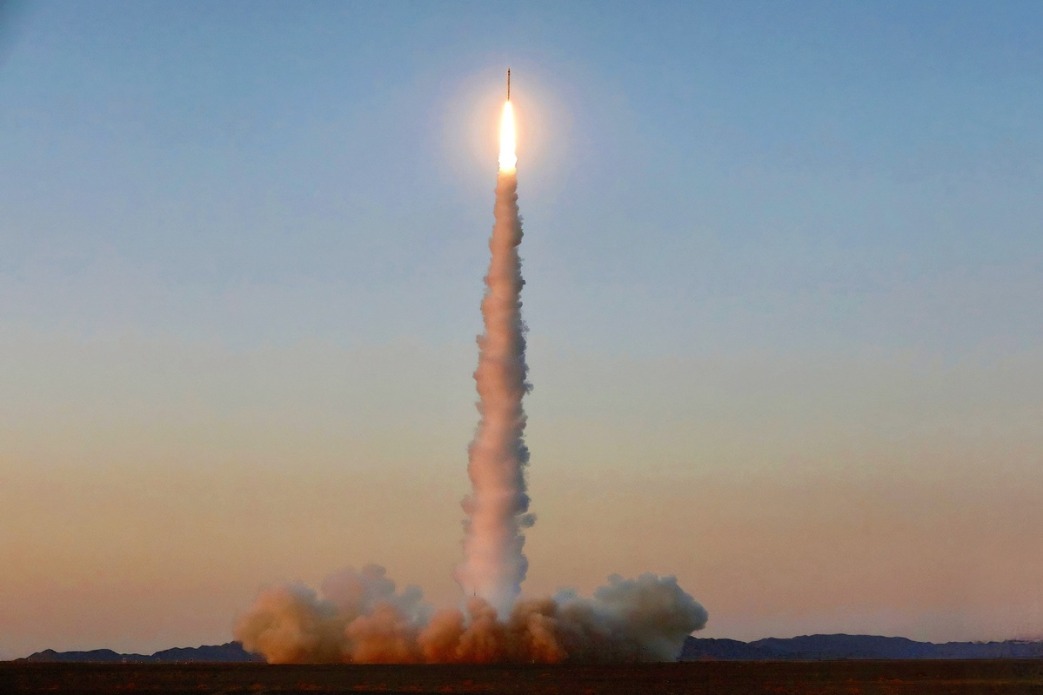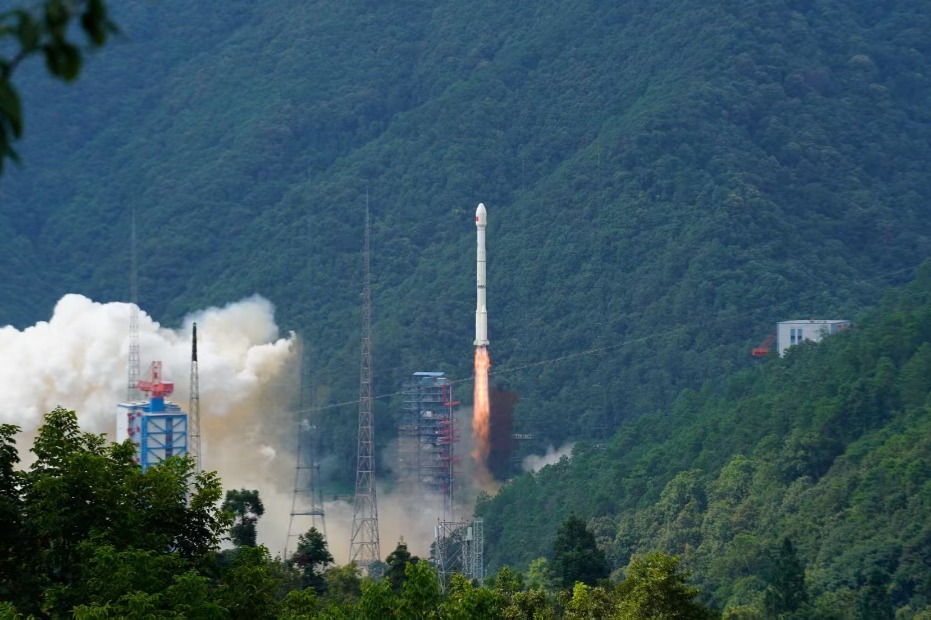Past undeniable proof of cross-Strait bonds
Taiwan leader twists historical facts in attempt to mislead island's inhabitants

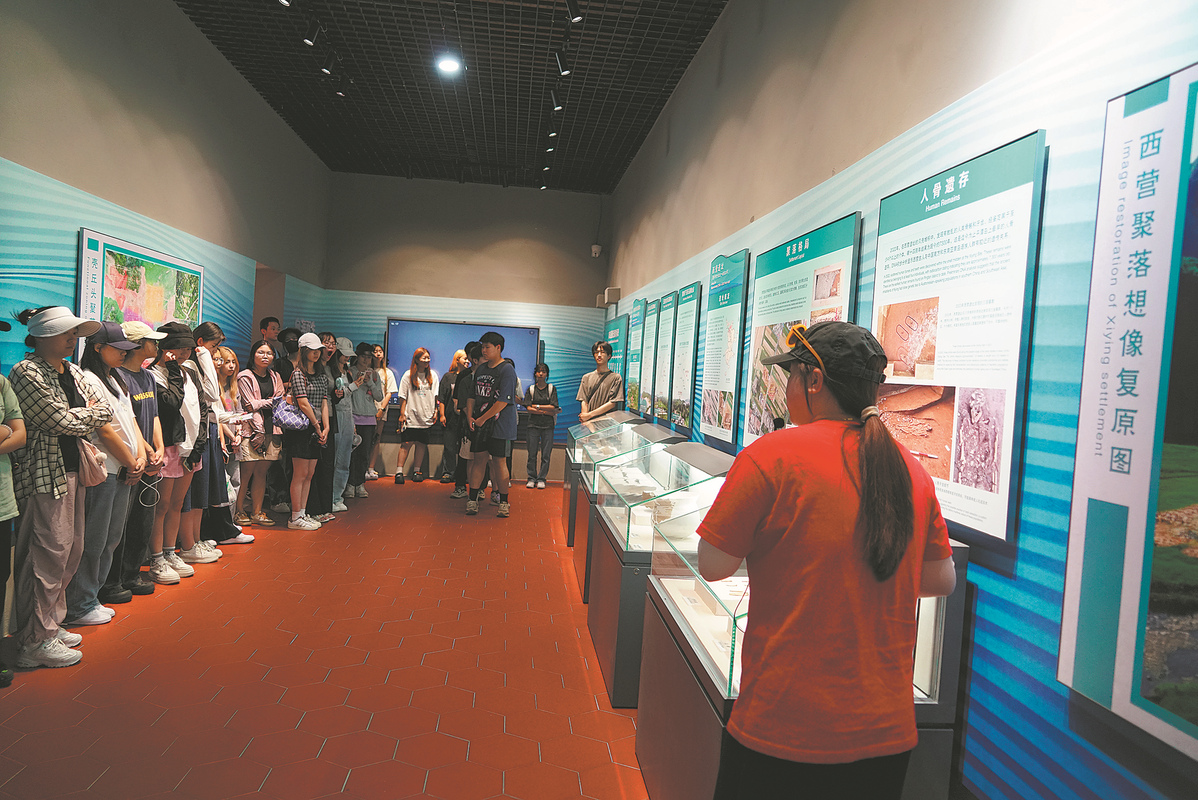
More communication
Experts have also criticized Lai for deliberately overlooking the enduring administrative governance of Taiwan by successive Chinese authorities that led to continuous migration to develop the island.
The earliest historical references for the Chinese development of Taiwan date back to the Seaboard Geographic Gazetteer compiled in the year 230 by Shen Ying of the State of Wu during the Three Kingdoms period (220-280).
From the Song (960-1279) and Yuan (1271-1368) dynasties onward, successive Chinese central governments established administrative control over the island. In 1885, the Qing Dynasty (1644-1911) officially designated Taiwan as a province, marking it as the 20th province of China.
Approximately 80 percent of Taiwan's population can trace their lineage back to Fujian, reflecting the historical trend of significant population movements to the island.
Chi Chia-lin, the honorary chairman of the Reunification Alliance Party in Taiwan, criticized Lai for overlooking the Qing government's governance of Taiwan, which effectively managed relationships between ethnic groups.
The governance by the Qing government facilitated a substantial migration of Han people from southern Fujian and Guangdong provinces, nurturing the close ancestral ties between Taiwan and the mainland, Chi said.
Looking back 80 years to World War II, historical documents such as the Cairo Declaration and the Potsdam Declaration laid the foundation for Taiwan's return to China, restoring historical justice and a post-war international order, he said.
"At that time, Taiwan compatriots on the island were engulfed in ecstatic celebrations," he said. "Taiwan is definitely China's territory."
Hsiao Hsu-tsen, executive director of the Taiwan-based Ma Ying-jeou Culture and Education Foundation, said Lai's assertion that Taiwan is not part of China contradicts historical facts and fails to persuade the Taiwan people.
"Taiwan and the Chinese mainland absolutely are not two countries, but one country," Hsiao said. "Not to mention our shared history and culture. People in Taiwan worship Mazu and Guan Gong every day, and they both originated from the mainland."
Reflecting on recent student exchanges to Fujian, Hsiao observed the seamless adaptation of Taiwan students to Fujian's cuisine, dialects and customs, underscoring the unbreakable connections.
Chi said that Lai, through a series of speeches, has engaged in ideological manipulation of the Taiwan public toward separation, aiming at cutting off the legal and historical connection between the two sides.
Lai delivered a speech on June 22, claiming the island is "a country", which was the first of 10 speeches planned as part of a tour aimed at "uniting the country" ahead of public votes on July 26 regarding the recall of opposition lawmakers.
"These moves further tear apart people's identity in Taiwan, and accelerate the rift between the two sides of the Strait," he said, adding that Lai's peddling of cross-Strait conflicts and hatred toward the mainland might place the island in a serious situation.
Chen Binhua, a spokesman for the State Council Taiwan Affairs Office, condemned Lai's speeches as laden with falsehoods, hostility and provocation, saying that his fallacies will "ultimately be swept into the dustbin of history".

- Former bank executive charged with suspected bribery and illegal loan issuance
- Overnight at a 24-hour library in Shanghai
- More remains of Chinese martyrs to return from ROK
- Shanghai congress highlights latest minimally invasive gynecological treatments
- Xi sends congratulatory letter to 25th China intl investment, trade fair
- Typhoon Tapah makes landfall in South China coastal province
















